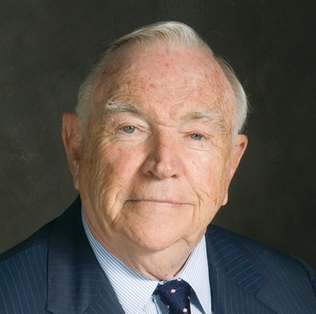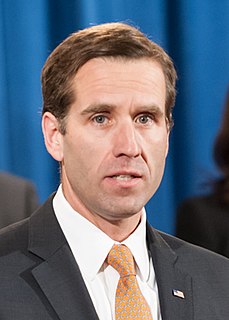Top 129 Rationalize Quotes & Sayings - Page 3
Explore popular Rationalize quotes.
Last updated on April 17, 2025.
Don Keough's (CEO Coca-Cola) 11 Rules on "HOW TO LOSE": 1. Stop taking risks 2. Be content 3. Never deviate from what the founder did 4. Be inflexible 5. Rely totally on research and experts 6. Concentrate on competitors instead of your customers 7. Put yourself - not the customer - first 8. Solve administrative concerns first 9. Let others do your thinking for example, headquarters 10. Rely on T-G-E: "That's Good Enough" and T-N-M-J: "That's Not My Job!" 11. Rationalize slow growth
Each memory was brought to life before me and within me. I could not avoid them. Neither could I rationalize, explain away. I could only re-experience with total cognizance, unprotected by pretense. Self delusion was impossible, truth exposed in this blinding light. Nothing as I thought it had been. Nothing as I hoped it had been. Only as it had been.
I find myself in this bizarre position in which everything I write and talk about is pretty much about this issue, the environment. It feels a little too comfortable, because at the end of the day I can rationalize that I'm doing my share. I don't know if I actually am, I don't know if I should be more of an activist than I am. But at the end of the day, everybody needs to do those things that they're most likely to continue doing, and that aren't going to burn them out.
I also came to see that liberalism's superficial optimism concerning human nature caused it to overlook the fact that reason is darkened by sin. The more I thought about human nature the more I saw how our tragic inclination for sin causes us to use our minds to rationalize our actions. Liberalism failed to see that reason by itself is little more than an instrument to justify man's defensive ways of thinking. Reason, devoid of the purifying power of faith, can never free itself from distortions and rationalizations.
Leaders may recognize that they are not addressing the real problems, but they rationalize their actions with the argument that they must first politically survive in order to later address the hard problems and sacrifices. Of course, they usually don't ever actually get around to addressing the fundamental problems later, either because they don't make it through the initial crisis or because, even later, they are not willing to risk sacrificing their own position or "career" with needed measures that usually require tough sacrifices by the population.
If your skin is crawling, pay attention. If something doesn’t feel right, pay attention. If the hairs on the back of your neck prickle, if your gut clenches up, if a wave of wrongness washes over you, if your heart starts beating faster, pay, pay, pay attention. Do not second-guess yourself or rationalize anything that impedes your safety. Our instincts are the animal inside of our humanness, warning us of danger.
Successful democratic politicians are insecure and intimidated men. They advance politically only as they placate, appease, bribe, seduce, bamboozle, or otherwise manage to manipulate the demanding and threatening elements in their constituencies. The decisive consideration is not whether the proposition is good but whether it is popular -- not whether it will work well and prove itself but whether the active talking constituents like it immediately. Politicians rationalize this servitude by saying that in a democracy public men are the servants of the people.
In the 17 years since I graduated from this great College of Law, I have seen that, for many of us, it becomes increasingly easy to rationalize our actions in the name of expediency when facing difficult decisions-to choose a path where the ends justify the means. I want to ask you to challenge Machiavelli's philosophy. I want to humbly suggest that you be the guardians of a more complicated truth: that the means are as important-and sometimes even more important-than the ends.
Fate is a misplaced retreat. Many people rationalize an unexplained event as fate and shrug their shoulders when it occurs. But that is not what fate is. The world operates as a series of circles that are invisible, for they extend to the upper air. Fate is where these circles cut to earth. Since we cannot see them, do not know their content, and have no sense of their width, it is impossible to predict when these cuts will slice into our reality. When this happens, we call it fate. Fate is not a chance event but one that is inevitable, we are simply blind to its nature and time.








